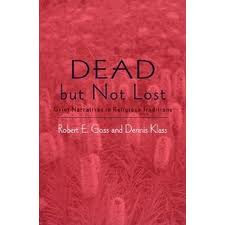Monday, May 21, 2012
Structuralism Extracts Meaning From Phenomena
Conflicting Opinions
Metaphorically speaking, it has been said that the structuralists have built
incredible mansions for people to live in and, indeed, the mansions have been
built and the lights are on, but, we might want to ask the question: Is anybody
living in these mansions? Out of the five structuralists I will discuss only
Chomsky and Piaget appear to be actively seeking the mansion's inhabitants. As
the above lesson on Kant cautions, finding these inhabitants takes extraordinary care.
Structuralists understand experience on two levels. Phenomena are first
encountered by a given arbitrary level of experience and second, phenomena are
then integrated (transformed) into communicable levels of experience. Thus, structuralism prescribes a method for understanding how to extract meaning from phenomena; however, on the whole, structuralism constitutes a diverse agenda of pursuits. By way of an introduction, De George offers the following perspective on structuralism:
"Structuralism has been described as a method, a movement, an intellectual fad,
and an ideology. Each of these characterizations is in part valid. For
structuralism is a loose, amorphous, many-faceted phenomenon with no clear lines
of demarcation, no tightly knit group spearheading it, no specific set of
doctrines held by all those whom one usually thinks of as being associated with
it. It cuts across many disciplines--linguistics, anthropology, literary
criticism, psychology, and philosophy. For some it gives hope of uncovering or
developing a common basic approach to the social sciences, literature, and art
which would unify them and put them on a scientific footing, much as the
"scientific method" grounds and unifies the physical sciences." [ De George and
De George, The Structuralist: From Marx To Levi-Strauss, 1972, p. xi]
In a l986 lecture delivered at the University of Melbourne, Australia, the
renown sociologist Anthony Giddens had the following to say about structuralism:
"Structuralism, and post-structuralism also, are dead traditions of thought.
Notwithstanding the promise they held in the fresh bloom of youth, they have
ultimately failed to generate the revolution in philosophical understanding and
social theory which once was their pledge." [ Anthony Giddens, Social Theory and
Modern Sociology, 1987, p. 74]
I disagree with Giddens!
Subscribe to:
Post Comments (Atom)







No comments:
Post a Comment